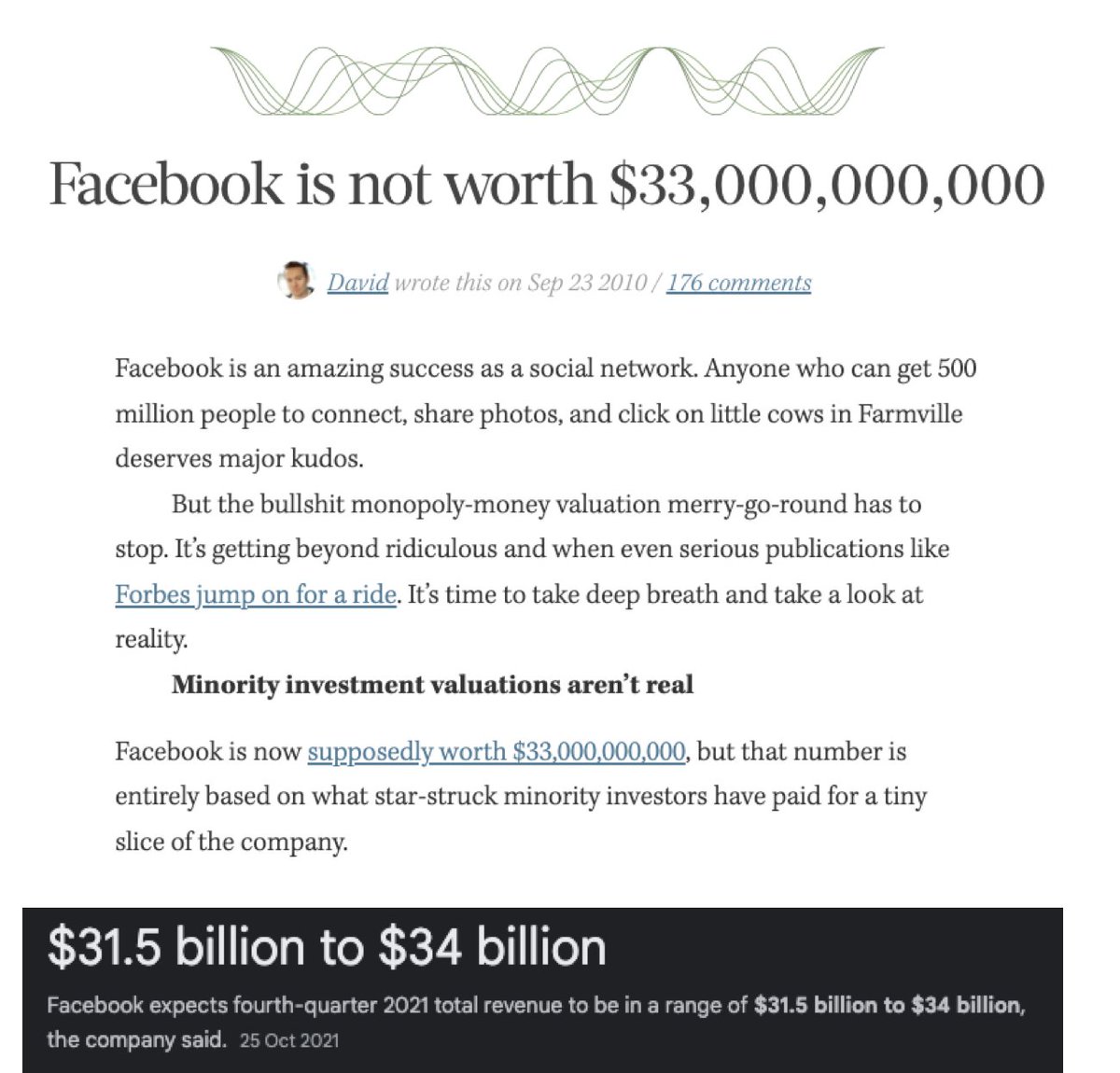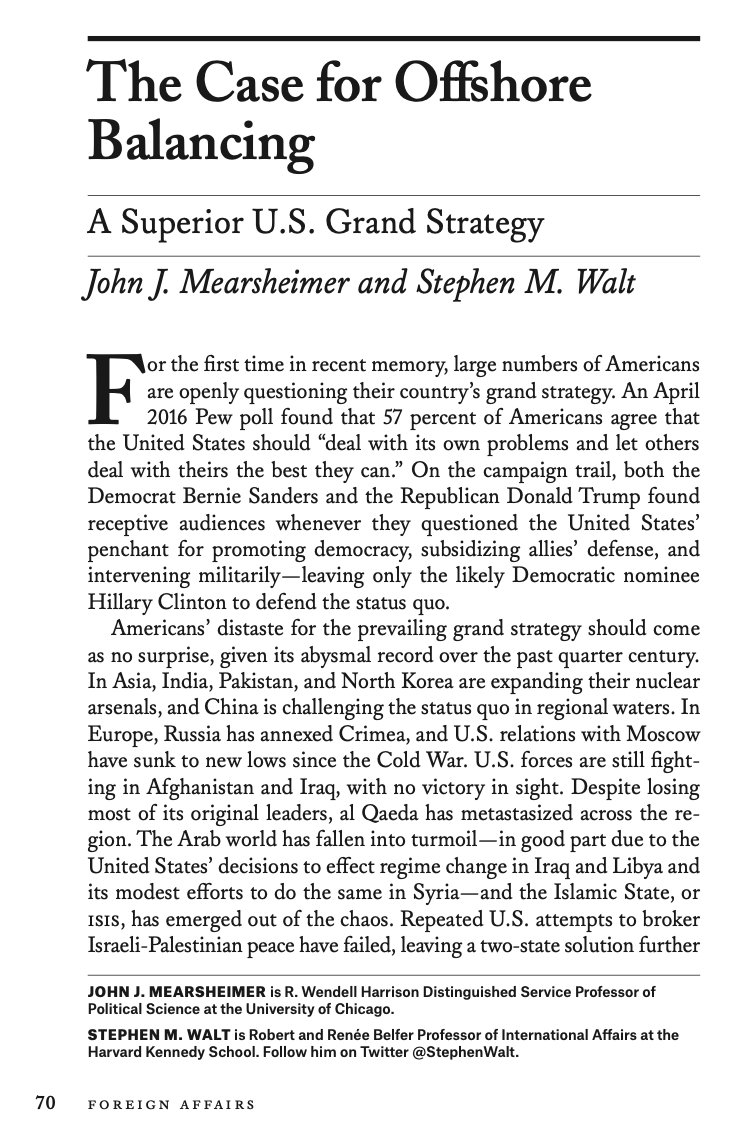
India is indisputably much safer than America. The infrastructure has improved *dramatically* over the last ten years and the internet works.
Photos will always be accused of being cherry picked, but the respective rates of ascent (and, unfortunately, descent) are palpable.
Photos will always be accused of being cherry picked, but the respective rates of ascent (and, unfortunately, descent) are palpable.
https://twitter.com/lastcontrarian/status/1482441292458061830
By the way, I'd rank this as among the most surprising developments in my life.
In 1990, 2000, or even 2010, if you'd told me an Indian city would flip an American city, I'd have been very dubious.
But now? It's obvious. Chennai > SF in a heartbeat.
In 1990, 2000, or even 2010, if you'd told me an Indian city would flip an American city, I'd have been very dubious.
But now? It's obvious. Chennai > SF in a heartbeat.
https://twitter.com/balajis/status/1181156470592868352
One reason I'd have been dubious is that it's easy to destroy a city (as even SF's mayor now admits is happening), but hard to build one up.
Yet it's happening. The right photo essay would illustrate the rise of Asia and fall of US cities.
Yet it's happening. The right photo essay would illustrate the rise of Asia and fall of US cities.
https://twitter.com/sfstandard/status/1470865167223181314
Also, I'm only cautiously optimistic about India, given the 2 steps forward, 1 step back nature of the place.
And it's very sad to see the US trajectory. Long topic, but don't think it's easily reversible. More likely to see dollar collapse, a serious reset, *then* a rebuild.
And it's very sad to see the US trajectory. Long topic, but don't think it's easily reversible. More likely to see dollar collapse, a serious reset, *then* a rebuild.
• • •
Missing some Tweet in this thread? You can try to
force a refresh















